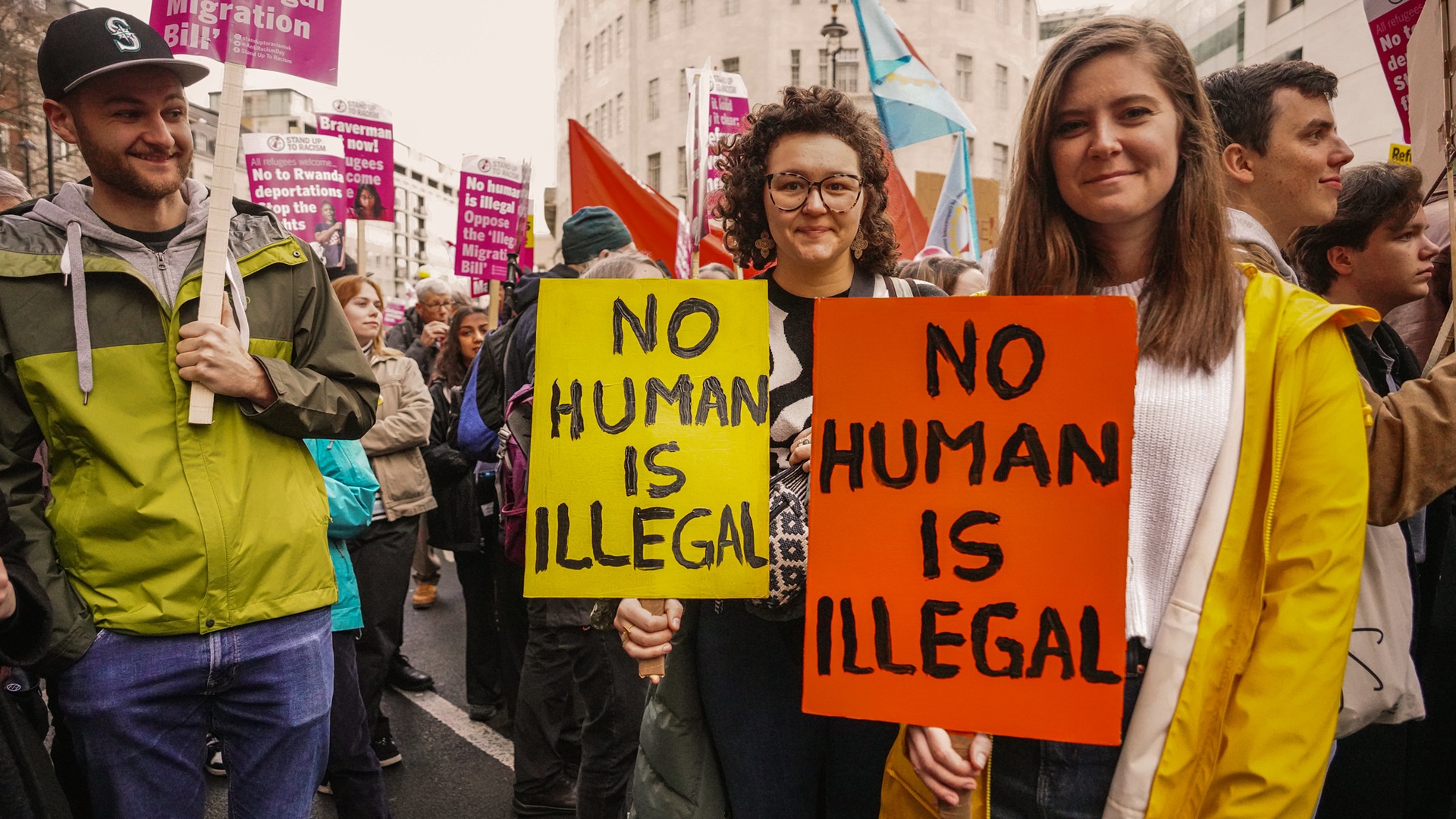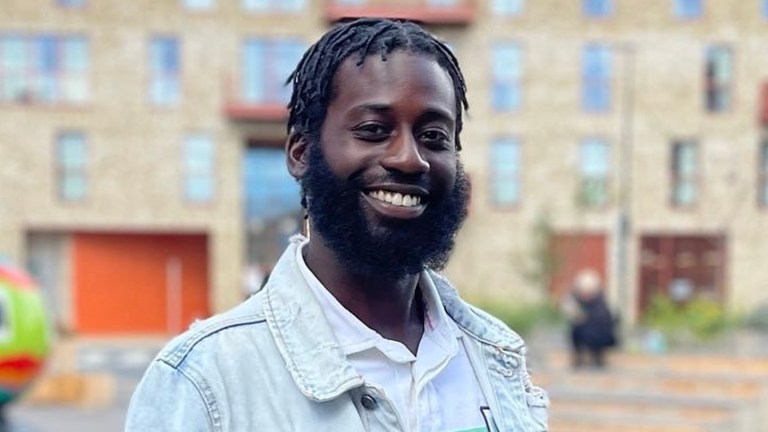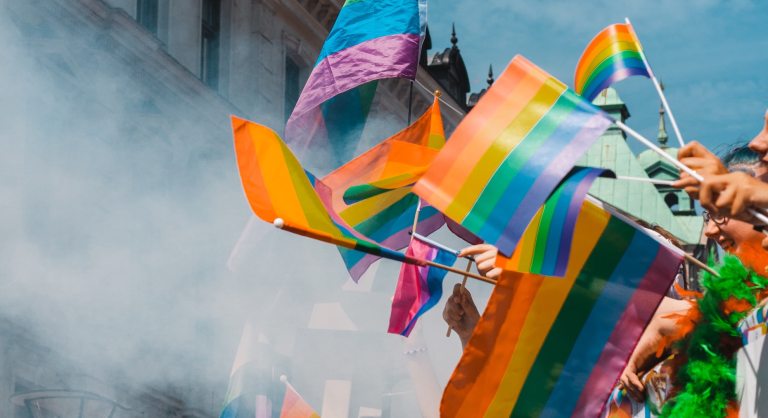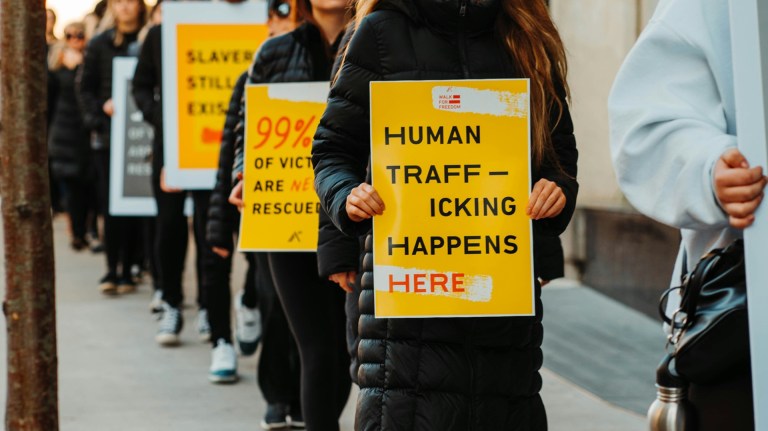Christmas is fast approaching. This is a time when families should be together. Sadly, at the Refugee and Migrant Forum of Essex and London (RAMFEL), every day we see families separated by conflict and desperately seeking to reunite in the UK.
The UK’s family reunion system is though designed not to achieve reunification but ensure continued separation. While politicians obsess over numbers, they rarely if ever actually consider the people behind the raw statistics and the harm that is caused by cruel, oppressive and usually counter-productive immigration policies. This is never clearer than with refugees desperately seeking to bring their loved ones here.
- Last Christmas I was in prison. This year I’m working in a London fine-dining restaurant
- Meet the tireless volunteers making sure children in poverty have a Christmas to remember
Last week, the government published the latest migration statistics. News that the original 2023 figures underestimated the number of arrivals grabbed the headlines and predictably saw senior politicians rushing to blame their adversaries. Home secretary Yvette Cooper said that it was the Tories’ fault that numbers were so high; former home secretaries James Cleverly and Suella Braverman claimed that a reduction in the 2024 figures showed punitive measures they introduced were working. No politician to our knowledge asked the question: why are these numbers a bad thing?
Scratching beneath the surface of these numbers also shows just how restrictive many parts of the UK’s immigration system are, despite claims to the contrary by almost every politician. 2024’s figures show reduced numbers: 728,000 new arrivals. The government granted just 19,154 family reunion visas though, meaning less than 3% of the arrivals were refugee families reuniting.
For refugees seeking to rebuild their lives, reuniting with loved ones – especially those who remain in grave danger in conflict zones – is usually far and away their priority upon reaching sanctuary. That less than 20,000 people were able to secure visas under existing family reunion rules, despite 52,739 people being granted refugee status in the same period shows just how labyrinth and unfit for purpose the current rules are.
As a legal action charity specialising in complex family reunion work, we see these problems first-hand. For those in conflict zones, even making a family reunion application is essentially impossible, as you must attend a visa centre to enrol your biometrics before the government will even look at your case. In conflict zones such as Gaza, Sudan and Afghanistan there is no visa centre, meaning people in these countries cannot even make an application to come to the UK. When we say safe routes don’t exist, we mean it.










